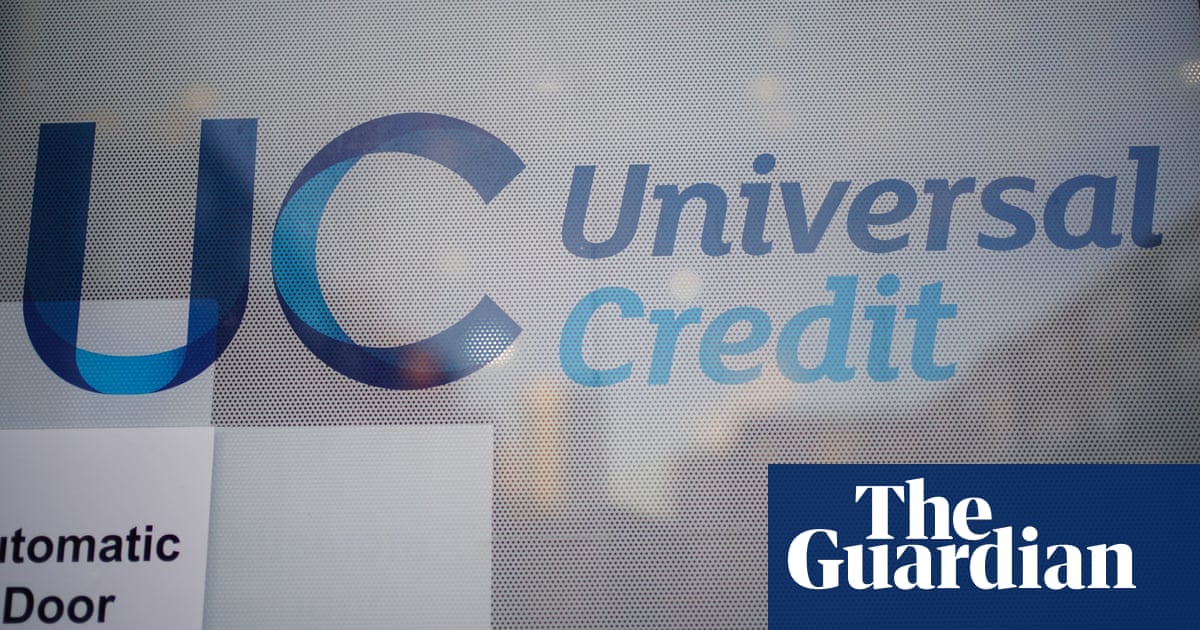
Ministers and MPs have clashed over universal credit payments during the coronavirus outbreak after it emerged there were no plans to reduce the five-week waiting time or to turn advance payments into grants.
The welfare delivery minister Will Quince said administrative costs meant “it wasn’t even really considered as an option” to change the benefits structure or to turn the loans given to bridge the five-week wait into grants.
Giving evidence to the work and pensions select committee on Thursday, Quince said: “Even if we were able to secure the £2.2bn a year that would be required to do that, it is not operationally deliverable.
“And that is the biggest reason, amongst many, many others, why it wasn’t even really considered as an option.
“We looked at the way of what can we operationally deliver, what can we get over the line, and how can we get money to the most vulnerable people in our society.”
Neil Couling, from the Department for Work and Pensions, said recovering advances from people was already built into the computer system and would need “human beings” to staff such a significant change, which would have a knock-on effect in terms of people being paid on time.
The Labour MP Neil Coyle accused the government of taking a “computer says no” attitude.
He said the government’s focus on automation meant that up to 500,000 people who had requested advance payments would suffer the same problems the committee had been hearing about for years.
“Higher food-bank use, prostitution, sex work in some cases, homelessness and even premature deaths of some of the people who will be forced into destitution as a result of not being able to pay back this money,” he said.
However, Quince criticised Labour’s previous welfare system and said universal credit – which rolls six benefits into one – was working well and paying 93% of claimants on time despite demand being 10 times higher than normal at some points in the outbreak.
In the six weeks up to 12 April, 1.5 million people applied for universal credit, and around 560,000 people have had advance payments processed since 16 March.
Quince said: “If we had the legacy benefit system, you would rightly be saying to me: ‘Why aren’t people getting paid? Why are there long queues outside jobcentres that are half closed because people can’t get the forms they need to make a claim?’ We have an online system. Thank heavens we do because it’s working incredibly well.”
The Labour MP Stephen McCabe suggested the department should consider deferring the loan repayments for the duration of the coronavirus crisis.
The committee heard that self-employed people with savings of £16,000 would be eligible to claim for universal credit if they could show a portion of that money had been kept aside for paying future tax bills.
Money saved for tax would be classed as a business asset from now on and would not count as disposable income in a universal credit assessment, Quince said.
People who have saved for house deposits and weddings have complained that they are being forced to use this money and do not qualify for any government assistance.
The minister said the principle remained that those with £16,000 should be using it.
“The fundamental principle is … the state is there to support those who need it and if you have over £16,000 in savings you should be using that money to support yourself in difficult times,” he said.












